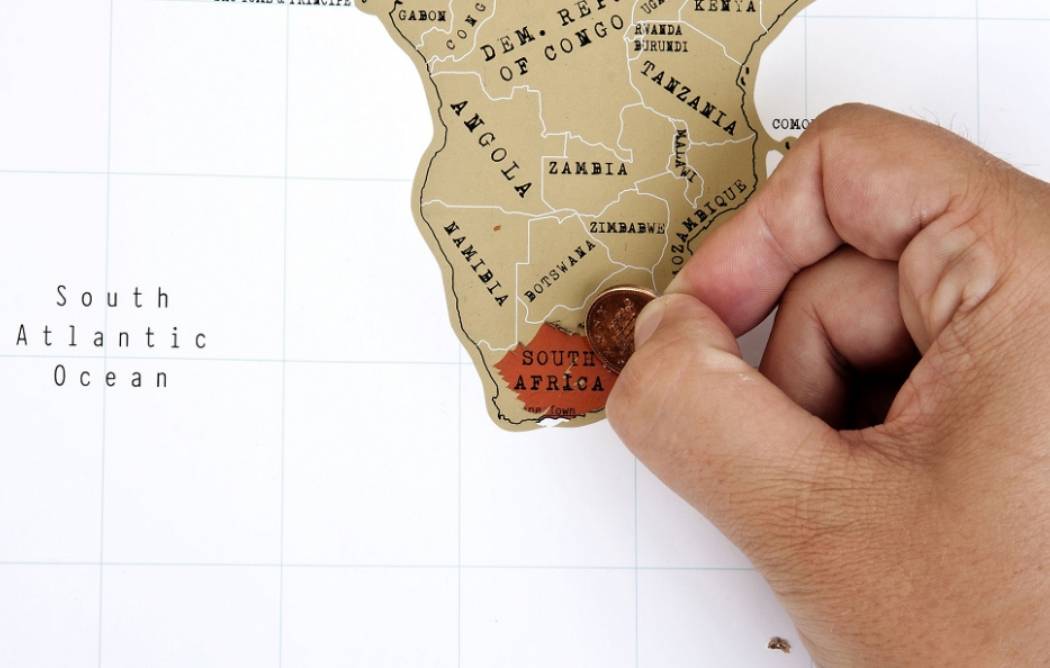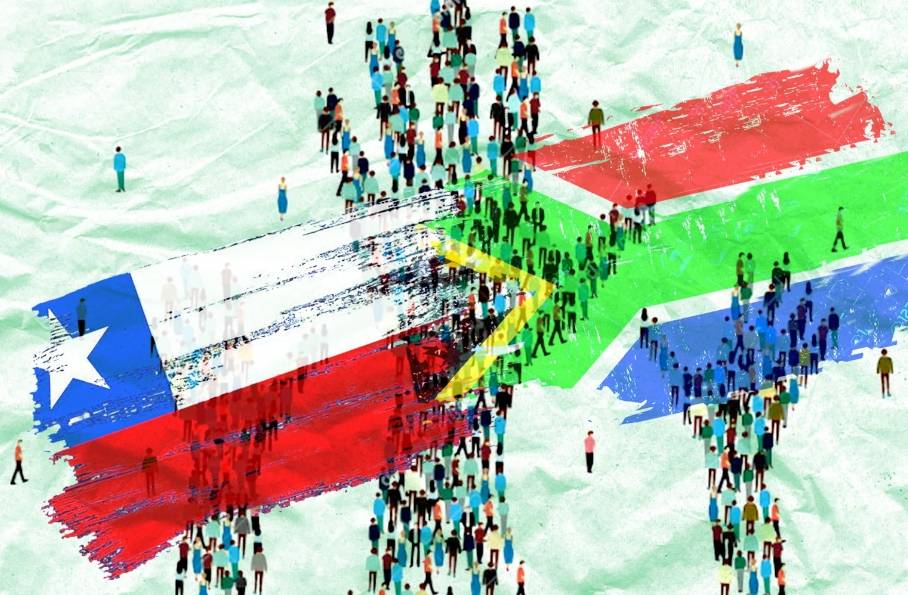
Foreign direct investments in South Africa are increasing thanks to the push of the country’s tech industry: financial and commercial services, agritech and software are the driving sectors. This is why investing and the critical issues to be addressed.
The UNCTAD (United Nations Conference on Trade and Development) World Investment Report 2022 confirms that Southern Africa is the subregion with the highest rate of Foreign Direct Investment (FDI), known in international language with the term FDI (Foreign Direct Investment). In particular, the state of South Africa has recently become more attractive to foreign investors thanks to its “technology hub”, the Western Cape.
Foreigners’ interest in South African businesses is rapidly increasing: this article examines the current state of FDI in South Africa, the three main technological innovations that attract FDI and the other three determining reasons that push foreigners to invest in the country.
FDI in the South African technology industry
FDI refers to the cross-border purchase of a stake in a company, project or government by a foreign investor. It acts as a crucial element for international economic integration as it creates stable and lasting links between economies.
The Organization for Economic Cooperation and Development (OECD) reiterates that FDI is a crucial aspect for the implementation of economic development, the creation of access to foreign markets and the improvement of international trade.
FDI in South Africa appeared complex due to some ties to colonialism. South Africa has come a long way since then. By 2022, FDI in South Africa is estimated to reach a total of $ 5 billion (Rs 103 billion) in Western Cape technology projects. Several studies identify the Western Cape, and particularly Cape Town, as a leading region in Africa for tech startups and currently home to 50% of emerging tech companies in South Africa.
Cape Town is also home to international companies contributing South African Rand 5 billion in FDI. Cape Town’s Stellenbosch Corridor is home to up to 450 technology companies employing more than 40,000 people. According to Business Tech, this ecosystem is larger than that of Nairobi-Kenya and Lagos-Nigeria combined. These startups seem to focus on growing innovations such as artificial technology (AI) and data science. Cape Town’s growing ecosystem and technology culture “alone” offers great potential for South Africa’s innovations and skills development.
South Africa receives FDI primarily from France, followed by the United States, the United Kingdom and China resulting in the creation of 9,000 new jobs in 2020 alone. It is therefore important to look into the particular technology initiatives that attract FDI to South Africa, since the country received the largest number of FDI projects according to Ernst & Young’s Africa Attractiveness Report.

FDI in South Africa: the most affected tech sectors
FDI in South Africa has played a leading role in the following technology sectors:
· Commercial and financial services
South African technology companies actively contribute to the global commercial and financial market, which has effectively attracted foreign investors. Entersekt Company provides secure and convenient digital payment channels to financial service providers and other businesses. It is among the first to include a payment authentication solution based on the Fast Identity Online (FIDO) standard. In 2021, the company received an investment from Accel-KKR, a US private equity firm, which will help accelerate its expansion into new markets.
Additionally, the innovation company Fuzzy Logic is based in the Western Cape but is internationally recognized in the field of augmented reality. There are no reports on FDI at the company, but it has won international awards for working with companies such as Microsoft, Hewlett Packard Hasbro, Dr Pepper and Hyundai. This is no small feat, especially for the Western Cape, which Fuzzy Logic defines as a fantastic place for corporate tech.
· Software and ICT
At the end of 2020, Cape Town’s technology sector had 550 technology companies and over 40,000 people employed, for a total of $ 88 million in declared investments. One such project includes the Code4Kids program, which trains, supports and ensures the continuing development of teachers to help the South African president teach coding and robotics in schools.
It is an innovation that contributes to spreading the coding culture in South Africa, which is pre-eminent only in Cape Town, which is home to 38% of the total developers of South Africa, the highest concentration of developers in the country.
Furthermore, startups like DataProphet receive investments from local companies to expand into the international market. DataProphet received $ 66 million in 2020 from Yellowoods Capital, a South African investment firm. The investment will help the company spread its experience in optimizing complex production processes in key industrial sectors, including waste management.
· Agritech
The increase in technological innovation is determined by the evolution in the agricultural sector. This was true for Aerobotics, an agrotechnical startup that helps growers of tree crops to optimize their yield. The startup has raised over $ 27 million in funding with a total of 17 investors, including the recent US investment fund Endeavor Catalyst. The startup was quick to reinvest 50% of the investments raised in the Western Cape.
Why foreigners should invest in South Africa
- The African Continental Free Trade Area facilitates access to the global market
The upcoming African free trade area will boost South Africa’s trade with other African states. In this way, access will be opened to more than 1 billion people thanks to the stipulation of trade agreements that will improve exports to the global market.
- South Africa is classified as a promising emerging market.
The South African Department of Trade and Industry (DTI) emphasizes that the country qualifies as a “hot emerging market” with a strategic position. Among other things, South Africa ranked 61st out of 137 in the 2017/18 Global Competitiveness Index of the World Economic Forum and 21st for the strength of investor protection.
- South Africa is rich in minerals and natural resources
A 2020 Thomson Reuters interview highlights South Africa’s wealth in terms of natural resources such as chromium, manganese, gold, coal, iron ore and platinum. The history of FDI in South Africa also denotes a strong interest in its natural resources. Consequently, these investments largely contribute to the local economy. South Africa currently holds the largest reserves of these minerals, with the addition of gold and diamonds, which can be exploited with the help of FDI.

Conclusions
South Africa offers not only a wide range of investment opportunities, but also a diverse cultural ecosystem. These play an important role, but can also be dwarfed by unaddressed “weak areas”.
In 2019, Old Mutual economic experts did not believe that South Africa’s attractiveness in terms of FDI had greatly improved, but they did credit the government’s efforts to fight corruption and change policies to attract more investors. These experts point out that uncertain and restrictive political regimes make it difficult to invest in South Africa.
However, in June 2022, Alvin Botes, Deputy Minister of International Relations and Cooperation, said the government was taking decisive steps towards more predictable and transparent policies. Active change should create a “stable legal environment” that allows foreign investors to participate as stakeholders in local businesses with fewer concerns.
